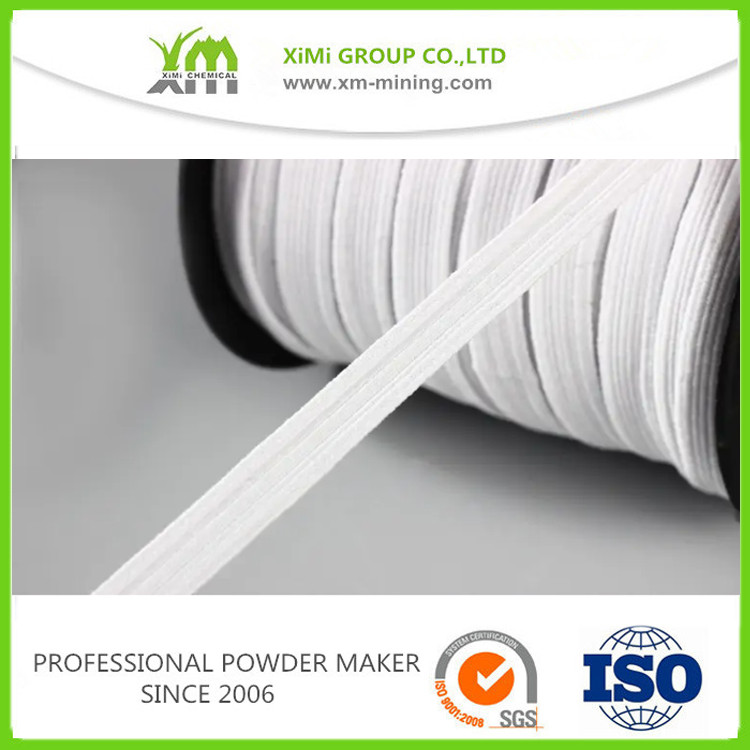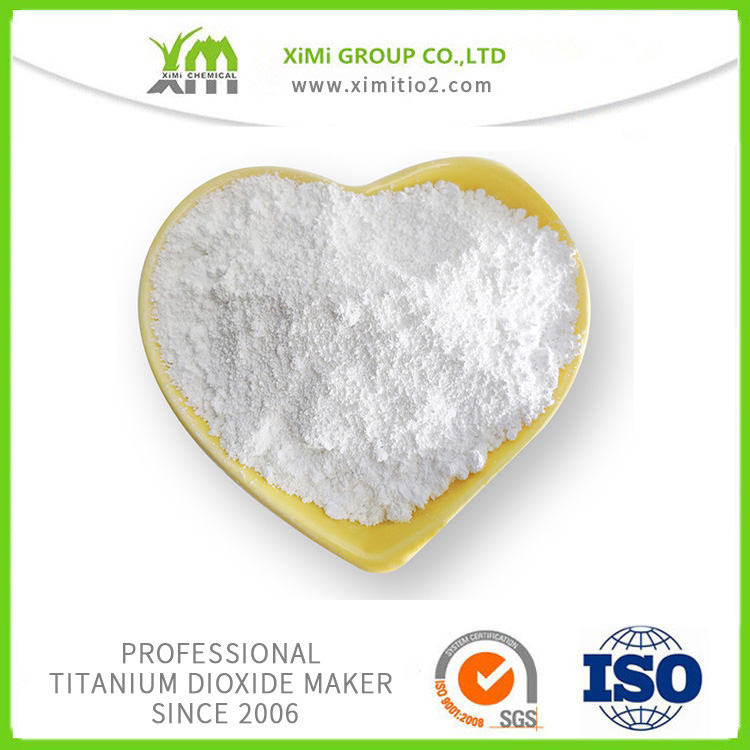Planetary ball mills meet and exceed all requirements for fast and reproducible grinding to analytical fineness. They are used for the most demanding tasks in the laboratory, from routine sample processing to colloidal grinding and advanced materials development. With the new PM 300 Retsch has developed a powerful tool which offers high sample throughput combined with ease-of-use.
Thanks to extremely high centrifugal forces which result in very high pulverisation energy, planetary ball mills process soft, hard, brittle, and fibrous materials in dry or wet mode in a very short time. They are ideally suited for tasks in research, like mechanochemistry (mechano-synthesis, mechanical alloying and mechanocatalysis), but also for ultrafine colloidal grinding on a nanometre scale. A crucial advantage of planetary ball mills is their great versatility: They are available with different numbers of grinding stations and can be operated with jars and balls of various sizes and materials. Zinc Oxide And Titanium Dioxide Sunscreen

With the development of the Planetary Ball Mill PM 300 Retsch has closed a gap in the product portfolio. This benchtop model with two grinding stations accepts grinding jar volumes up to 500 ml which results in a maximum batch size of 2 x 220 ml sample material.
Thanks to the maximum speed of 800 rpm and the enormous energy input of up to 64.4 times the acceleration of gravity, this mill is the perfect choice for tasks in research like mechanochemistry or for ultrafine colloidal grinding.
The PM 300 has been designed to offer utmost user convenience and safety:
Planetary ball mills are typically used for nano-scale grinding. The achieved final fineness is usually influenced by the energy input. With a higher energy input a finer grind size can be expected, just like an increase in temperature - which results in a requirement for longer grinding breaks to keep the sample below a critical temperature. The high energy input of the PM 300 is a result of the maximum speed of 800 rpm and the large sun wheel.
Figure 2 shows the result of wet grinding of titanium dioxide (TiO2) at 650 rpm and 800 rpm in the PM 300 and the net processing time. With the higher energy input at 800 rpm, the particle size decreases faster. However, the increased warming effects at 800 rpm should also be considered, as they might make longer breaks necessary.
The larger sun wheel has less effect on the result than the maximum speed of 800 rpm as compared to 650 rpm for, e. g., a PM 200, see Figure 2. The results achieved in the PM 300 using a 50 ml grinding jar and 4 x 20 ml grinding balls to pulverise granite samples are only marginally better compared to the process in the PM 200; both mills were operated with 650 rpm. When the speed in the PM 300 was increased to 800 rpm, the obtained particle size was 40% finer. A similar effect has been observed while grinding glass particles with 3 x 20 mm balls. Here, the increased speed resulted in a particle size reduction of 30%.
The PM 300 is operated exclusively with the new EasyFit grinding jars which are suitable for use in the entire Retsch planetary ball mill portfolio. The speed of 800 rpm results in higher forces which in turn increase the risk of undesired twists of the jars in the clamping system. The new EasyFit jar line has a structure at the bottom of the 50-500 ml jars named Advanced Anti-Twist (AAT) feature, which ensures that the jars are kept in place without any danger of twisting (Figure 3). Thus, they cannot perform any random rotations, and wear is drastically reduced. Safely clamping the jars is greatly facilitated: To find the correct clamping position, a maximum twist of 60° is required.
The jar geometry of the EasyFit jars sized 50 ml and 250 ml have been designed in a way to provide two advantages: better grinding results and exchangeable jar lids, as there are only three diameter dimensions for the whole jar line.
Retsch’s powerful, ergonomic benchtop Planetary Ball Mill PM 300 covers a wide range of size reduction applications and increases the throughput thanks to two grinding stations for jars up to 500 ml. It is also suitable for pulverising small sample volumes down to 3 ml. With the new grinding jar line EasyFit and advanced options for the GrindControl system and aeration lids this mill opens up new possibilities in ball milling.
Planetary Ball Mills enable to convert low-cost abundant silicon waste products into high performance pure silicon anode materials for lithium-ion batteries....
The FRITSCH Mini Cutting Mill PULVERISETTE 29 is the ideal laboratory mill if you regularly grind small sample quantities of materials such as grain, seeds o...
Enhanced efficiency, ergonomic handling and increased sample throughput In a stride towards advancing laboratory operations, Retsch presents the latest ad...
With the new Mixer Mill MM 400 RETSCH has developed an extremely versatile bench-top unit which combines easy and safe handling with maximum flexibility for...
Buyers Guide - Major producers of analytical equipment who wish to introduce and sell their products to buyers in science and industry - Over 1,000 products and services that these companys man...
International Labmate Limited Oak Court Business Centre Sandridge Park, Porters Wood St Albans Hertfordshire AL3 6PH United Kingdom
T +44 (0)1727 858 840 F +44 (0)1727 840 310 E info@labmate-online.com

Egypt Titanium Dioxide Copyright © 2023 Labmate Online. All rights reserved.